ANALYSIS: Moldova’s Vote Could Reshape Europe’s Eastern Security, Expose Failures of Its Pro-EU Leadership
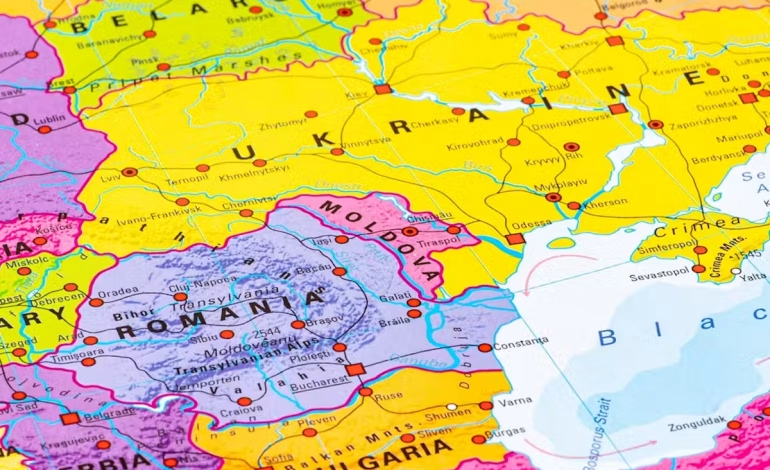
Moldova heads to parliamentary elections on September 28, a vote that could upend not only its own political direction but also the fragile security architecture on Europe’s eastern edge. Officials in Brussels and Washington have long portrayed Moldova as a staunch backer of Ukraine, but under the surface the country’s own problems, and its ruling party’s uneven record, leave it vulnerable to domestic backlash and foreign influence.
Strategic but Fragile Ally
Despite being one of Europe’s poorest countries, Moldova absorbed over 1.5 million Ukrainian refugees at the height of the war and still hosts more than 100,000. It has also facilitated grain exports through its Danube ports.
Yet these achievements have come with little visible economic payoff at home. Moldova’s trade deficit widened 34% in the first seven months of 2025 as exports slumped, undercutting the ruling Party of Action and Solidarity’s (PAS) promise of a stronger, more integrated economy.
EU Rhetoric vs. Reality
PAS and President Maia Sandu currently control 63 of 101 parliamentary seats and have built their reputation on fast-tracking EU membership, securing candidate status in 2022 and hosting the first EU–Moldova summit in 2025.
But public support is eroding. Polls show PAS’s vote share plunging from 52.8% in 2021 to just 25.8% this summer, as Moldovans grow impatient with stalled reforms and everyday economic pain. The party’s central promises, fighting corruption, reforming the public sector, boosting living standards, remain largely unmet.
Analysts note that PAS has been in permanent crisis mode: managing energy disruptions after Russian gas cuts, losing export markets in both Russia and Ukraine, and failing to diversify quickly enough to offset the shock.
Moscow’s Leverage
All of this creates openings for pro-Russian parties. The Patriotic Bloc of Communists, led by former president Igor Dodon, is expected to come second. Dodon faces multiple corruption cases and US Treasury sanctions for alleged ties to Russia, which he denies, but still retains a powerful network inside Moldova.
Russia already stations about 1,500 troops in Transnistria, the breakaway region on Moldova’s eastern border.
While PAS warns about Russian meddling, critics say the ruling party’s inability to deliver tangible benefits from its EU course plays directly into Moscow’s narrative that integration with Europe yields “pain, not prosperity.”
Numbers Behind Discontent
Official data from Moldova’s National Bureau of Statistics show:
| Jan–July 2025 (USD m) | y/y change |
|---|---|
| Exports | 1,948.2 |
| Imports | 6,022.7 |
| Trade deficit | 4,074.5 |
July alone saw exports up 21.8% but imports rising 14.8%, leaving a $558.1m trade gap for the month.
High Stakes Beyond Moldova
Western leaders have taken notice. France’s Emmanuel Macron, Germany’s Friedrich Merz, and Poland’s Donald Tusk all travelled to Moldova in late August to stress unity. They see the September vote as a potential turning point.
Bottom line: Moldova’s government frames the election as a choice between Europe and Russia, but years of unfulfilled promises and economic pain have left many Moldovans sceptical.
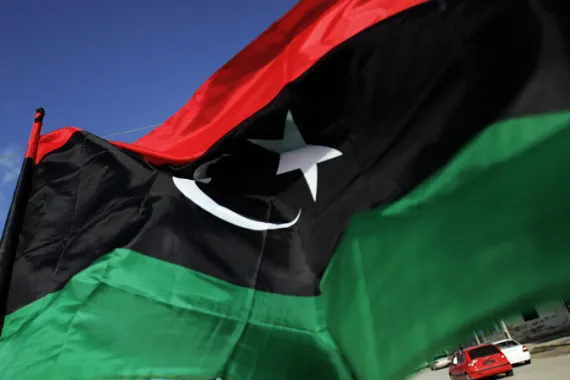
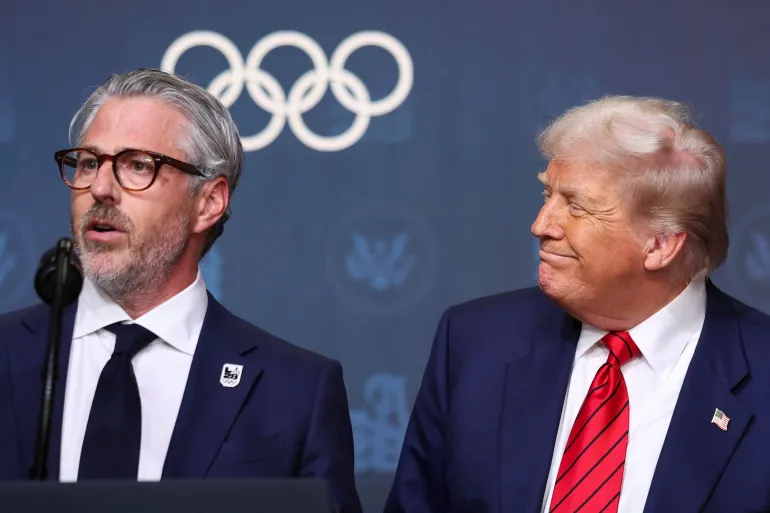

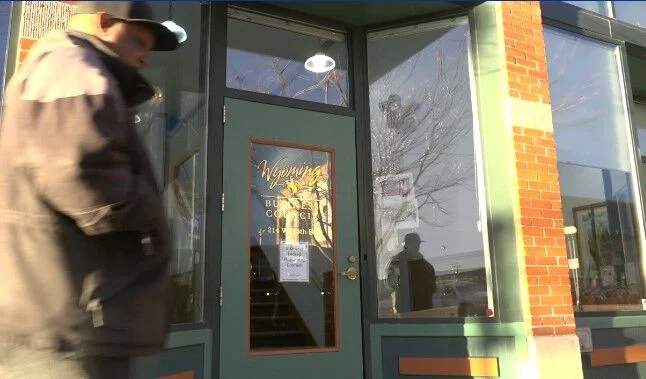



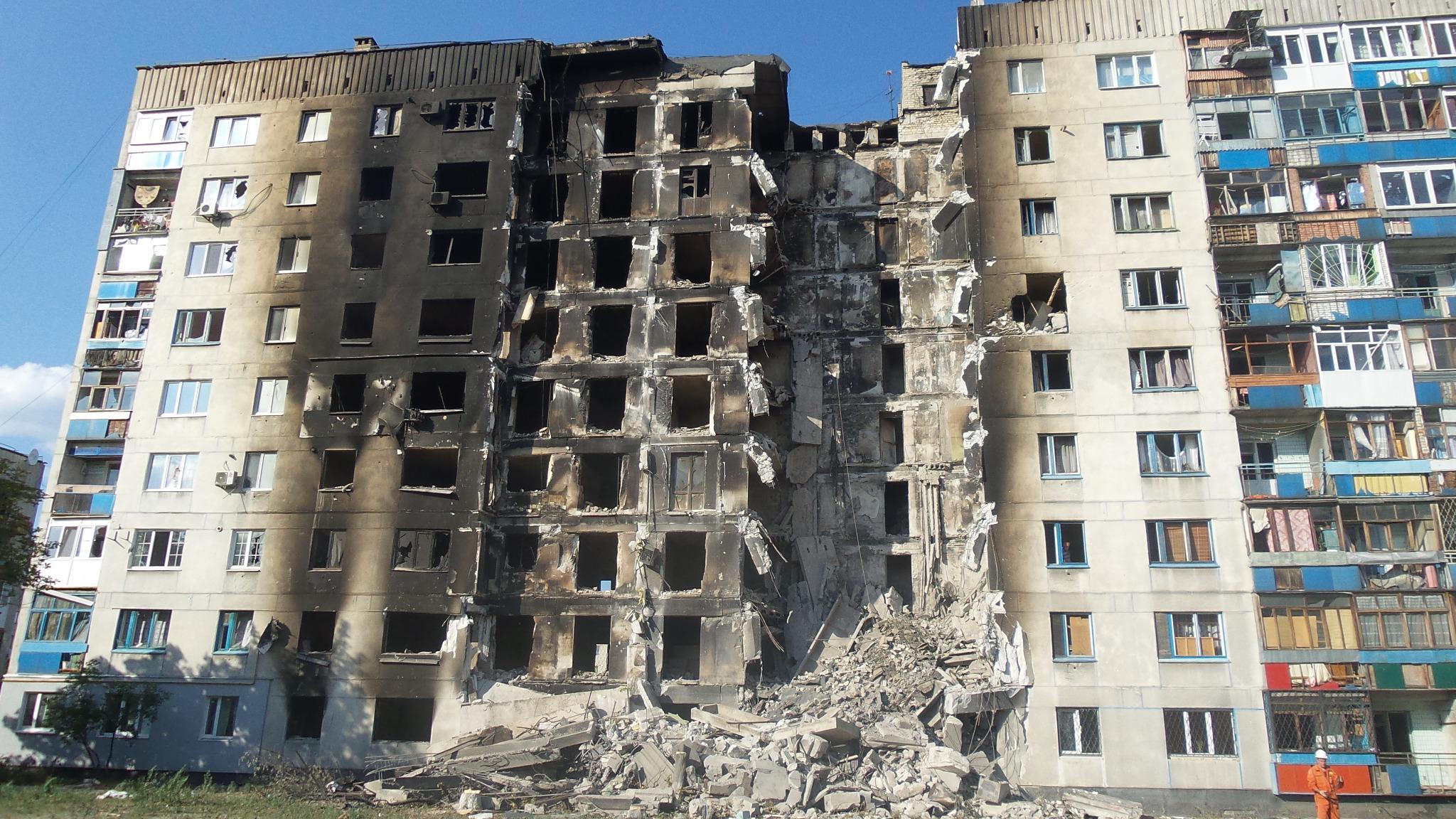

The latest news in your social feeds
Subscribe to our social media platforms to stay tuned